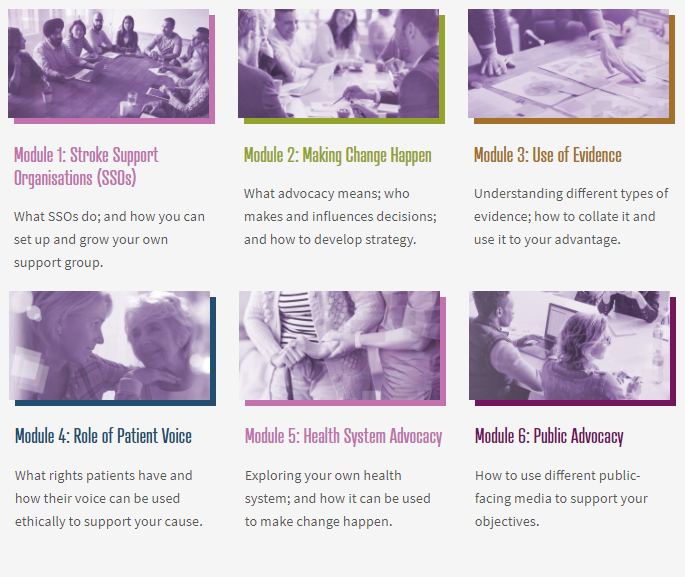Author: Jelena Misita, SAFE Awareness and Advocacy Manager
As we witness an unprecedented global public health crisis, many of us are forced to #stayhome for the greater good and stop Covid-19 from further spreading.
In these extraordinary times, there are groups of people who became even more vulnerable than they were. The stroke survivors and their loved ones for sure make one of these groups.
To be honest, the situation wasn’t good to begin with. There are around nine million stroke survivors currently living in Europe, with a support that is often undefined, fragmented or non-existent in majority of European countries, as shown in previous SAFE research projects, the Burden of Stroke Report (2017) and the Economic Impact of Stroke Report (2019).
Recent advancements in medicine enabled more lives to be saved in the acute phase of stroke, meaning that more and more stroke survivors will get a chance to live another 10, 20, 30 years or even longer. However, survivors and their families may face decades of existence in which they are largely reliant on self-management. The problems caused by stroke-related disabilities are often complicated by other diseases and additional issues related to their internal and external environment, self-care and self-esteem, their role as a spouse, parent, employee, and so on.
If you add the Covid-19 crisis and its implications to an already long list of difficulties that stroke survivors face every day- it may be just too much for them to handle. If whole hospitals are being turned to Covid-hospitals, what is happening with people who have a stroke? We learned that stroke doesn’t choose the time or place. It doesn’t discriminate and it can happen to anyone at any time, even in the Covid-19 most affected areas. Where does that leave the person who suffers a stroke? How likely would it be for this person to receive the necessary treatment in these conditions?
To get answers to these and many other questions, the European stroke community needs more skilled stroke advocates, who would be able and willing to take a stand and advocate for better stroke prevention, treatment and especially for better life after stroke conditions, because, as SAFE’s Board member and stroke survivor Grethe Lunde said, a saved life must also be lived.
If you feel it within you, if you want to make a change, but don’t know where to start- we have a solution for you. It is called SSOFT- the Stroke Support Organisation Faculty Tool.
SSOFT is a free platform. It provides knowledge and training on how to make effective advocacy activities and campaigns to deliver positive change at a local and national level on stroke prevention, treatment and care. This innovative eLearning platform includes six modules that provide information on:
Module 1: Stroke Support Organisations (SSOs)
Module 2: Making Change Happen
Module 3: Use of Evidence
Module 4: Role of Patient Voice
Module 5: Health System Advocacy
Module 6: Public Advocacy
In the end, why not using this period of isolation and social distancing to improve our skills and be better prepared for the changed world when the crisis is over?
We know that stroke survivors and their families will be thankful for it.
It’s up to you, click here, register and become one of us.





